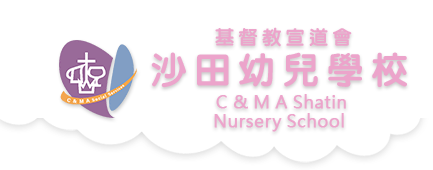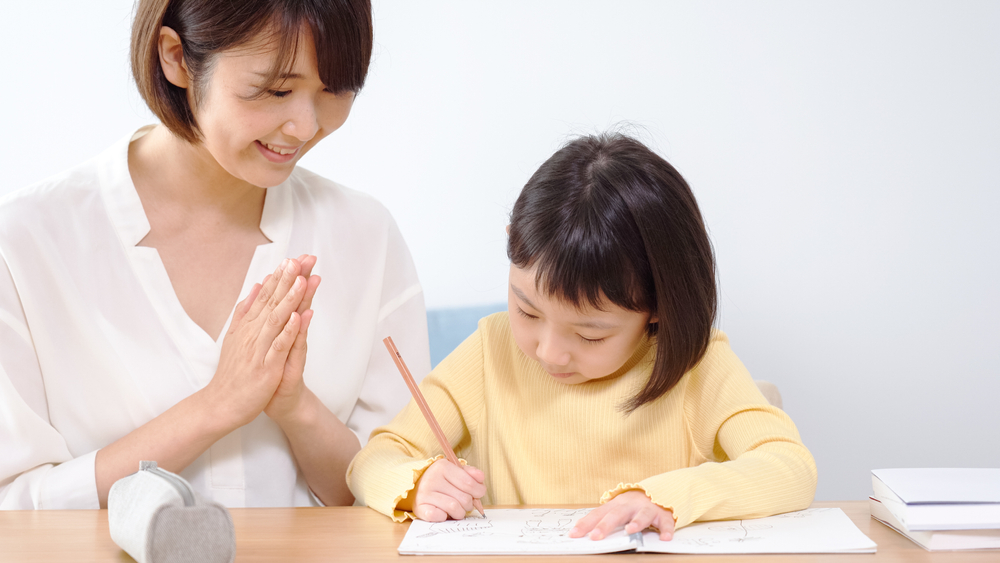School Articles
Written by: Nutritionist and Fitness Coach, Ms Hilda Yang
Of course, children love to cool off with frozen beverages, but do you worry about the excessive hidden sugar in these drinks affecting their health?
Pay attention to the nutrition labels on packaged beverages.
When choosing pre-packaged drinks, be sure to check the nutrition label. Firstly, for paper-packaged drinks like fruit-flavored beverages and fruit teas, the calories mainly come from their sugar content. To meet the low-sugar standards, as an example, for every 100 milliliters of the beverage, less than 5 grams of sugar can be considered a low-sugar choice.
Are natural fruit juice drinks always better?
You might think that natural fruit juice is better than regular paper-packaged drinks, but many natural fruit juice drinks are made by mixing concentrated fruit juice with added sugar, making them entirely different from freshly squeezed fruit juice. Some natural fruit juices may claim that the product has no additional sugar added, creating the misconception that there is no sugar in it and is, therefore, healthier for the body. However, the juice itself provides a considerable amount of sugar, so don’t mistakenly think that fruit juice can replace water.

How much
sugar intake is considered appropriate? The World Health Organization recently
lowered the daily sugar intake, indicating that consuming more than 6 teaspoons
of sugar per day for adults is considered excessive! Taking a 240-milliliter
cup of natural fruit juice as an example, it already contains 20 grams of
sugar, which is equivalent to 5 teaspoons of sugar. Drinking one cup is close
to the daily sugar intake limit.
How can you
drink healthily?
Freshly
squeezed fruit juice may be a better choice, but you should also limit the
daily intake. It’s important to note that one cup of freshly squeezed fruit
juice often requires 3 to 4 fruits. Calculating with 80 milliliters as one
serving of fruit, consuming a maximum of 2/3 cup of juice per day is
sufficient. An even better practice is to blend the fruit pulp, so dietary
fiber is not separated, promoting bowel movements and increasing a sense of
fullness.
How much
water should you drink daily?
How much
water should you drink daily? In addition to plain water, fruit juice, tea, or
coffee, soups can also be included in the calculation. According to the
Institute of Medicine’s recommendations, healthy men should drink 3 liters per
day (approximately 12 cups of water), while healthy women should drink 2.2
liters per day (approximately 9 cups of water). The commonly mentioned
“eight cups of water a day” is not far off, but it’s crucial to
remind yourself to drink water regularly and in the right amounts for your body
to truly absorb it.







